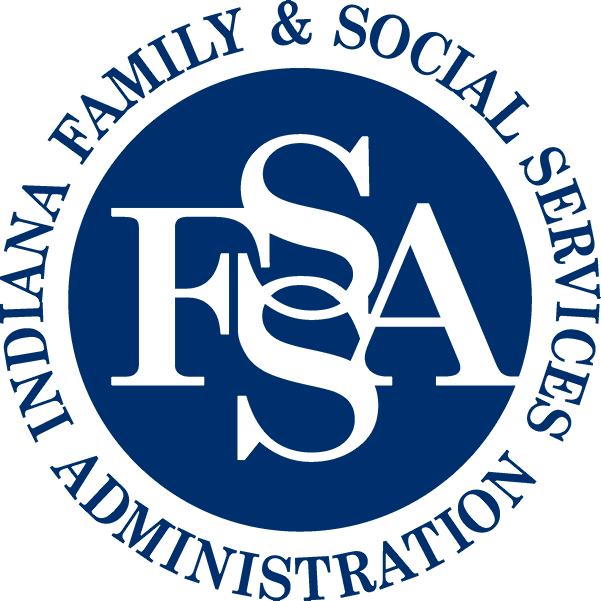Young children and teenagers are increasingly likely to be poisoned by opioid painkillers that are often prescribed for other family members. According to a Yale School of Public Health study, the rate of children hospitalized for opioid poisoning increased 165 percent from 1997 to 2012 – from about 1.40 per 100,000 kids in 1997 to 3.71 per 100,000 in 2012. In the six years for which mortality data was available, 176 children died.
According to the study’s author, “Enough opioids are prescribed every year to put a bottle of painkillers in every household. They’re everywhere, and kids are getting into them.”
The Indiana Division of Mental Health and Addiction recently partnered with the Indiana National Guard to develop two public service announcements to educate Hoosiers about the importance of medicine storage and proper prescription drug disposal. These PSAs can be viewed here.
Medical professionals are also encouraged to talk to parents about storing drugs safely, especially if children are in the household.
Dispose of Medicines Properly
DON’T: Flush expired or unwanted prescription and over-the-counter drugs down the toilet or drain unless the label or accompanying patient information specifically instructs you to do so. In cities and towns where residences are connected to wastewater treatment plants, prescription and over-the-counter drugs poured down the sink or flushed down the toilet can pass through the treatment system and enter rivers and lakes. They may flow downstream to serve as sources for community drinking water supplies. Water treatment plants are generally not equipped to routinely remove medicines.
DO: Return unwanted or expired prescription and over-the-counter drugs to a drug take-back program. Call your city or county government’s household trash and recycling service and ask if a drug take-back program is available in your community. Some counties hold household hazardous waste collection days, where prescription and over-the-counter drugs are accepted at a central location for proper disposal. Some communities also host year-round drug disposal centers. Visit https://www.dea.gov/takebackday to find the location of a permanent disposal site.
DO: Dispose of unwanted or expired medication during the DEA’s Take-Back Events; usually held in the spring and fall. Visit https://www.dea.gov/takebackday to find the date of the next event as well as the location closest to you.
NOTE: Most collection sites cannot accept liquids, needles, or sharps; only pills or patches.
Why Lock-Up Your Medications?
WHY: The majority of youth who experiment with prescription drugs for the first time obtain these drugs from family members or a friend’s family member without consent – making that person an “Accidental Dealer.”
WHY: Lock-up your medications, with the primary focus on keeping prescriptions and over-the-counter pharmaceuticals away from those with a substance use disorder, or from others who may otherwise use medications not intended for them. These medicines should be kept in a locked cabinet or drawer, or in a medicine safe/lockbox which can be purchased online.
WHY: Many young adults perceive that prescription drugs are “safe” when compared to illicit drugs because they are provided by a medical professional and pharmacist. But in the wrong hands, they’re not.
WHY: Accidental ingestion by toddlers and young children can be prevented, if medications are properly secured.
